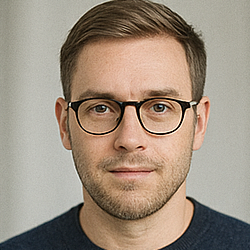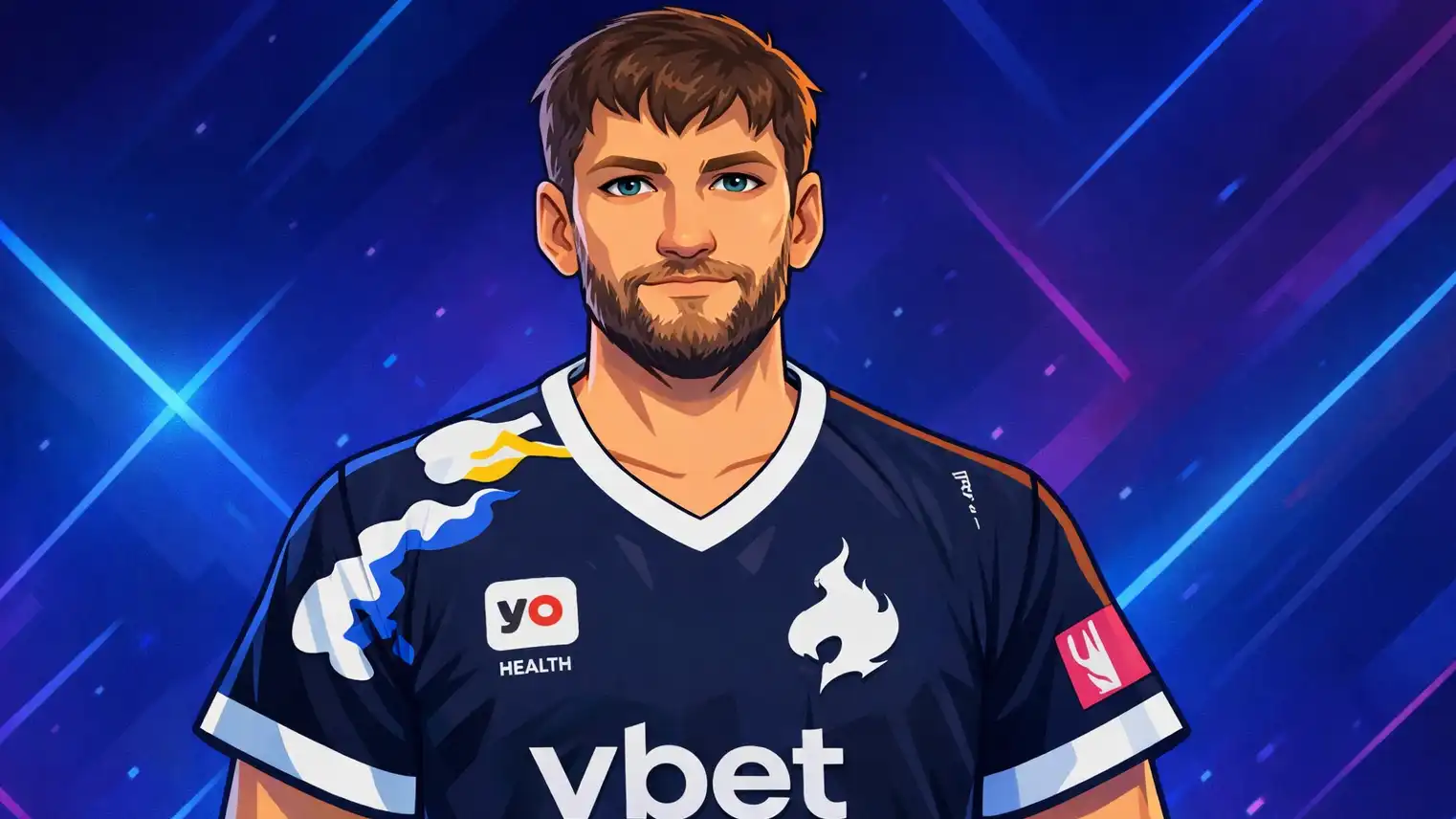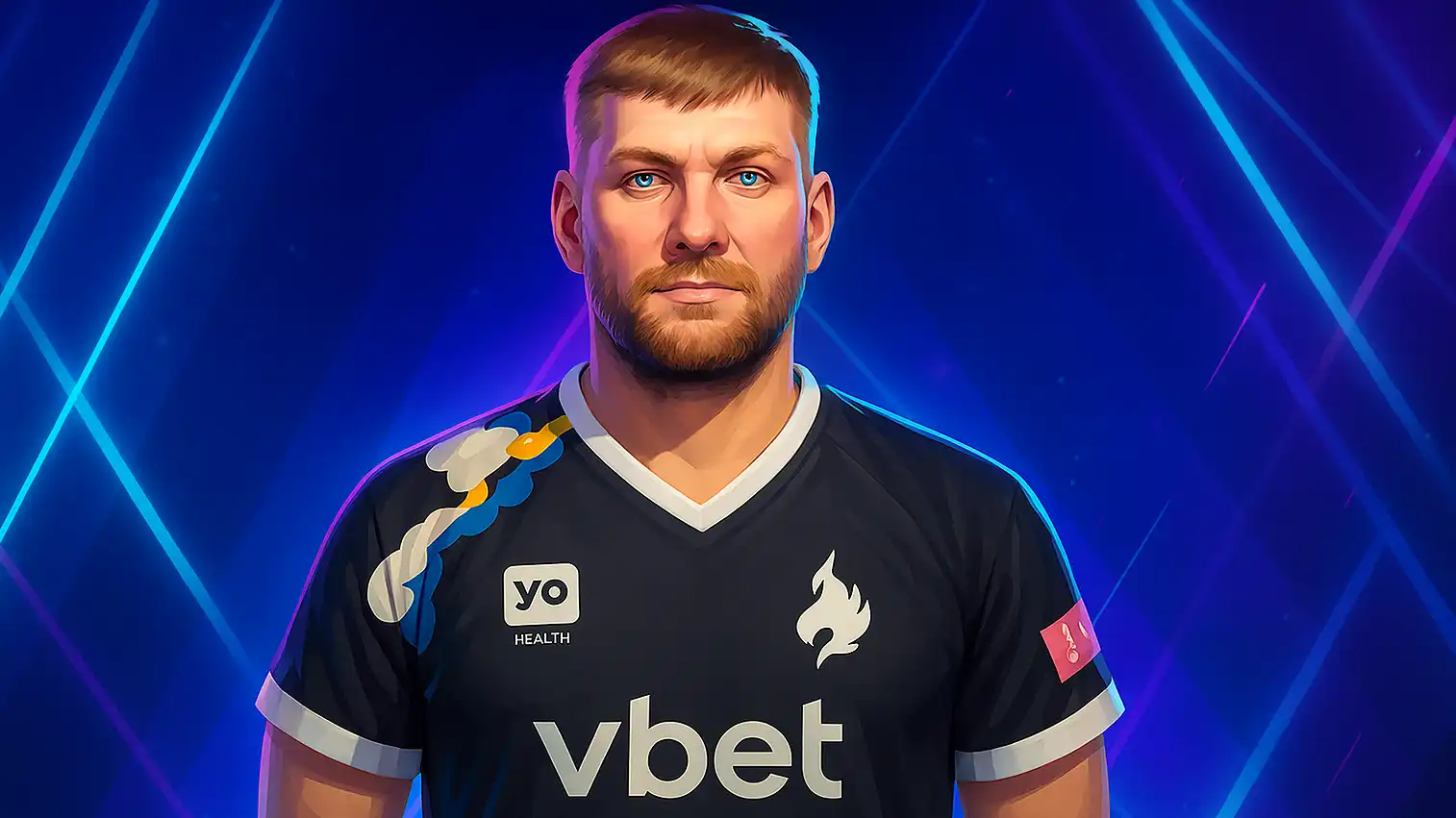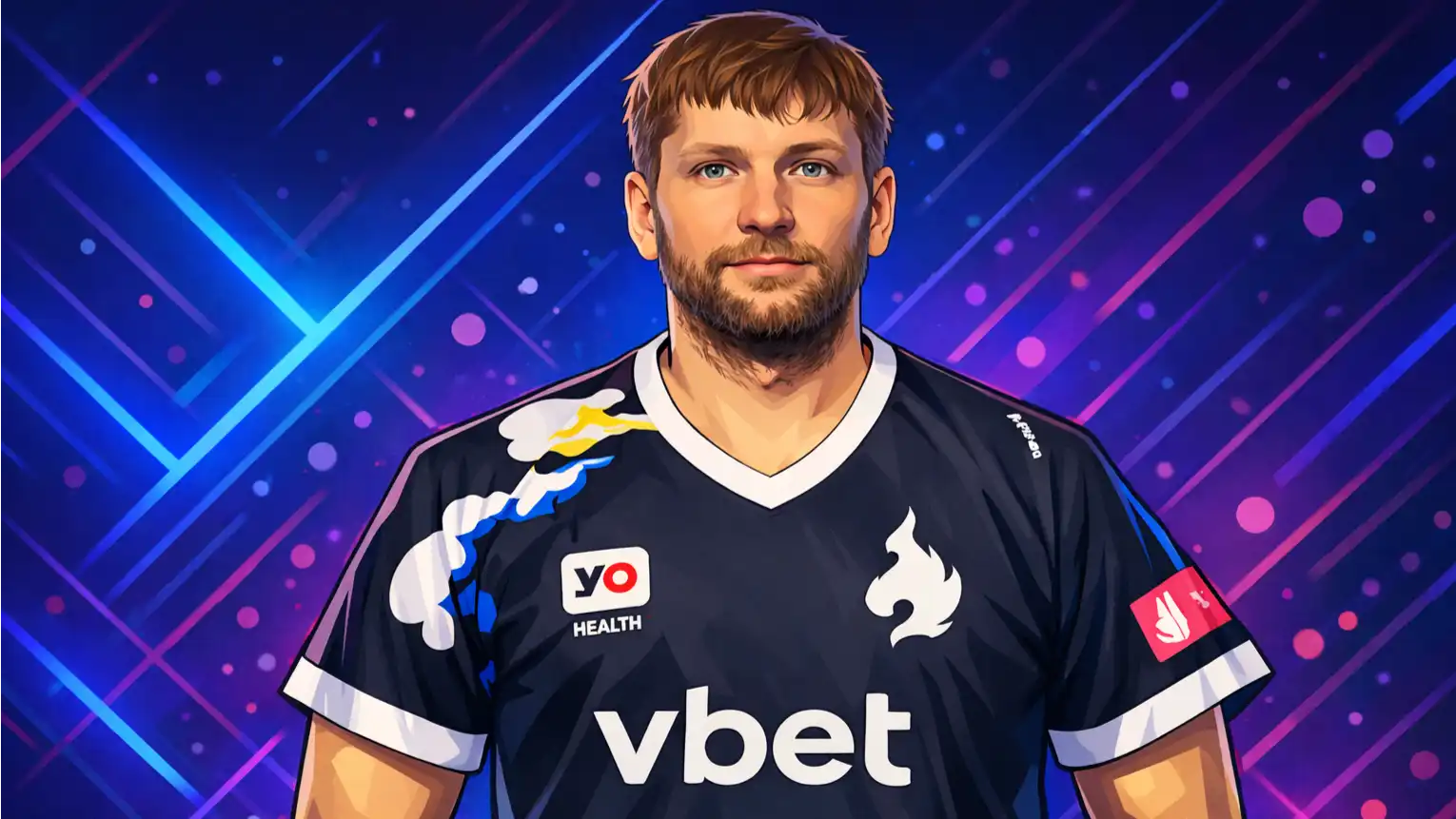Kane: “You can’t predict this Major until you see the playoff bracket”
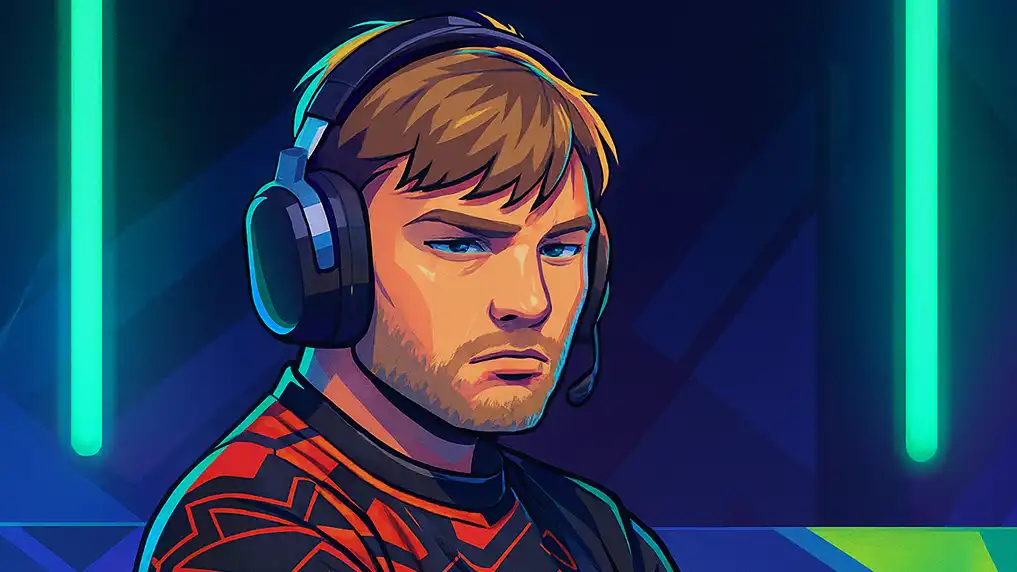
Kane: “You can’t predict this Major until you see the playoff bracket”
Former Gambit and NAVI coach Mikhaylo “Kane” Blagin believes the upcoming Counter-Strike Major will be one of the most open in recent history – and says trying to name a champion before the playoff bracket is released “doesn’t make much sense”.
Speaking about the field heading into the next StarLadder Budapest Major 2025, Kane stressed that the level at the top of CS2 is so compressed that small details – form on the week, side of the bracket, individual match-ups – will decide everything rather than any clear hierarchy of favourites.
According to Kane, the Major is “very unpredictable”, and any serious prediction has to wait until fans can see which heavyweights are actually lined up against each other in the arena stage.
Copenhagen reminder: NAVI weren’t pre-tournament favourites
To illustrate his point, Kane looked back at the most recent Major victory for Natus Vincere, who lifted the trophy at PGL Major Copenhagen 2024, the first Major in CS2. NAVI came into that event as contenders, but much of the pre-event hype revolved around Team Spirit – fresh off a dominant IEM Katowice win with superstar rifler donk – and the ever-dangerous Vitality, reigning champions from the final CS:GO Major in Paris.
By Kane’s estimation, both Spirit and Vitality were considered stronger on paper than the NAVI roster that eventually went all the way in Copenhagen. Yet it was Aleksib’s team who navigated the elimination stage and playoffs best, beating G2 in the semi-final and taking the title over FaZe in a 2-1 grand final.
For Kane, that run is a textbook example of why predicting a champion too early is a trap. The theoretical “best” team may never even reach the key match-ups you expect – or may fall on the opposite side of the bracket and never face the eventual winners at all.
Parallels with Gambit’s Cinderella run in Krakow
Kane also drew a comparison with his own biggest career success: PGL Major Kraków 2017, where he lifted the trophy as coach of Gambit Esports.
Back then, SK Gaming arrived in Poland as one of the strongest teams in the world and heavy favourites in many eyes. Instead of a SK–Gambit clash deep in the bracket, however, SK were eliminated in the quarter-finals by Astralis, who then met Gambit in the semi-finals.
Gambit went on to defeat Astralis and then overcame Immortals in the grand final to claim their first – and only – Major title. Kane notes that his squad never had to face the team many considered the absolute strongest at the event, yet that doesn’t diminish the value of the victory inside the team. The lesson, he says, is that brackets shape history just as much as raw firepower.
“First see the bracket, then talk about the champion”
Because of those experiences, Kane says he refuses to make serious calls on who will win a Major until he sees the playoff tree:
-
In Swiss and group stages, top teams can lose a single best-of-one or run into a stylistic nightmare early and crash out.
-
Even dominant line-ups can end up in a “stacked” half of the bracket where they have to beat multiple title contenders in a row.
-
Underdogs with momentum – much like Gambit in 2017 or NAVI in Copenhagen – can snowball confidence when their route through the bracket lines up well.
For Kane, this dynamic is exactly what makes the Major special: it is not a ranking table, but a knockout tournament where tiny shifts in form or pairings can rewrite the script.
An unusually wide field
Looking ahead to Budapest, that unpredictability may be even greater than usual. Recent months have seen:
-
Spirit and Falcons trading big-event finals appearances.
-
NAVI, G2, MOUZ, Vitality and several Brazilian line-ups all capable of deep runs depending on form.
Rather than a single dominant era team, the scene is fragmented into a cluster of contenders – exactly the kind of environment where bracket paths, side choices and day-to-day form become decisive.
Kane’s message to fans and pundits is simple: enjoy the speculation, but treat any pre-playoff “locks” for the trophy with caution. Until the final eight are drawn and the bracket is set in stone, he argues, calling a champion is more about storytelling than serious analysis.
Respecting the chaos of the Major
At the same time, Kane is careful to stress that upsets and favourable paths do not cheapen a title. He points again to Gambit’s Krakow run: even if SK never stood across the server from them, the amount of work, discipline and mental resilience required to survive a Major playoff bracket is enormous.
The same, he suggests, applies to NAVI’s Copenhagen triumph and will apply to whoever lifts the next CS2 Major trophy. In a circuit where favourites regularly fall and “weaker” teams seize the moment, the only guarantee is that the champion will have earned their place – however the bracket happens to fall.
For now, Kane’s verdict on the upcoming Major is clear:
expect chaos, hold your predictions – and don’t be surprised if the storyline that emerges is one nobody saw coming when the first pistol rounds are played.


